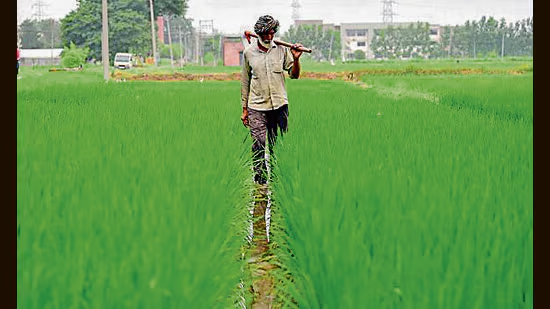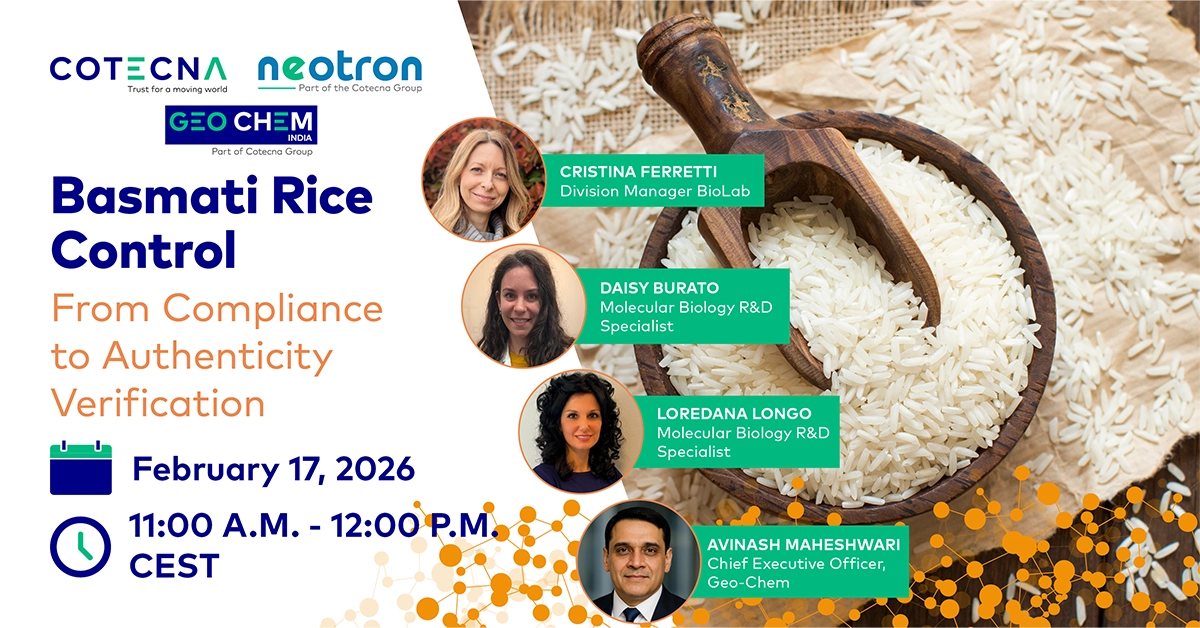Tags
Punjab: Basmati growers’ body calls for minimum export price waiver as int’l sales plummet
By Gurpreet Singh Nibber
Indian exporters have been struggling to sell their produce in the international market due to the high MEP of $950 a tonne, the association said.

The basmati exporters association has urged the Agricultural and Processed Food Products Export Development Authority (APEDA) to waive the minimum export price (MEP) on basmati rice in wake of the recent dip in international sales and price crash.
Indian exporters have been struggling to sell their produce in the international market due to the high MEP of $950 a tonne, they revealed, adding that neighbour Pakistan, which has no such price control, is directly benefiting from this.
Last year, the Union commerce ministry had increased the MEP to $1200 a tonne, which was later reduced to $950 in October 2023. “Despite the reduction, the export price is very high which is driving away international buyers,” said Ashok Sethi, director, basmati exporters association.
“We have been in the export business for the past 50 years. This MEP will ruin our business,” he said, adding that the control on basmati exports seems unreasonable as it accounts for only 6-7% of the annual rice production (135 million tonne) in the country and is also not part of the food security or public distribution system.
Punjab’s high-quality basmati which has a unique fragrance, taste and length, thanks to the ideal soil and climatic conditions, has a geographical indication (GI) tag and is a preferred choice of consumers in North America, Europe, middle-east and Iran.
According to APEDA figures, India’s foreign exchange earnings from basmati rice exports were ₹48,000 crore in 2022, out of which Punjab contributed at least 40%.
But the latest market trends seem dismal as the harvest arriving in Uttar Pradesh markets are fetching around ₹2,000- ₹2,200 a quintal, which will impact prices in Punjab when the harvest begins in October. The early varieties of 1509 basmati arriving in the mandis of Punjab’s Majha belt are also fetching around ₹2,400 to ₹2,500 a quintal, down from ₹4,500 a quintal last season.
Balkar Singh, a trader in Tarn Taran mandi, said the current basmati rate of ₹2,500 a quintal may remain unchanged.
This kharif season, the area under basmati had increased by around 17% and farmers were hoping for a bumper crop but the recent fall in prices has left them worried. According to the Punjab agriculture department, 1509 and 1692 basmati varieties are grown over 80% of the area under basmati, and fetches lower rates than the 1121 variety, which is considered the best among premium varieties.
https://www.hindustantimes.com/cities/chandigarh-news/punjab-basmati-growers-body-calls-for-minimum-export-price-waiver-as-int-l-sales-plummet-101725820518292.htmlPublished Date: September 9, 2024







